Just weeks ago, President Donald Trump expressed confidence that a deal to halt the Gaza conflict was imminent. He anticipated an agreement that would release hostages, end hostilities, and allow aid to reach the starving population in Gaza.
However, the negotiations have since unraveled. This week, Trump withdrew his negotiators, citing Hamas’s lack of coordination and bad faith. His envoy, Steve Witkoff, confirmed the U.S. was exploring “alternative options” for hostage recovery.
Rather than calling for resumed diplomacy, Trump now advocates for intensified Israeli military action. On his way to Scotland, he criticized Hamas, suggesting their intransigence meant Israel had no choice but to “finish the job.”
This signaled a major shift from diplomacy to military endorsement, even as the humanitarian toll grows. The president appeared to place sole blame on Hamas, suggesting their weakened leverage made them unwilling to deal.
Uncertainty Surrounds U.S. Withdrawal as Mediators Urge Continuation of Fragile Gaza Talks
While Trump’s withdrawal suggests pessimism, the full picture remains murky. Some Western diplomats believe the move might be a tactical gambit to pressure Hamas back to the negotiating table. Egypt and Qatar issued a joint statement framing the U.S. pause as a normal development in complex talks. Israeli officials also claimed negotiations had not collapsed, suggesting that opportunities to resume talks still exist.
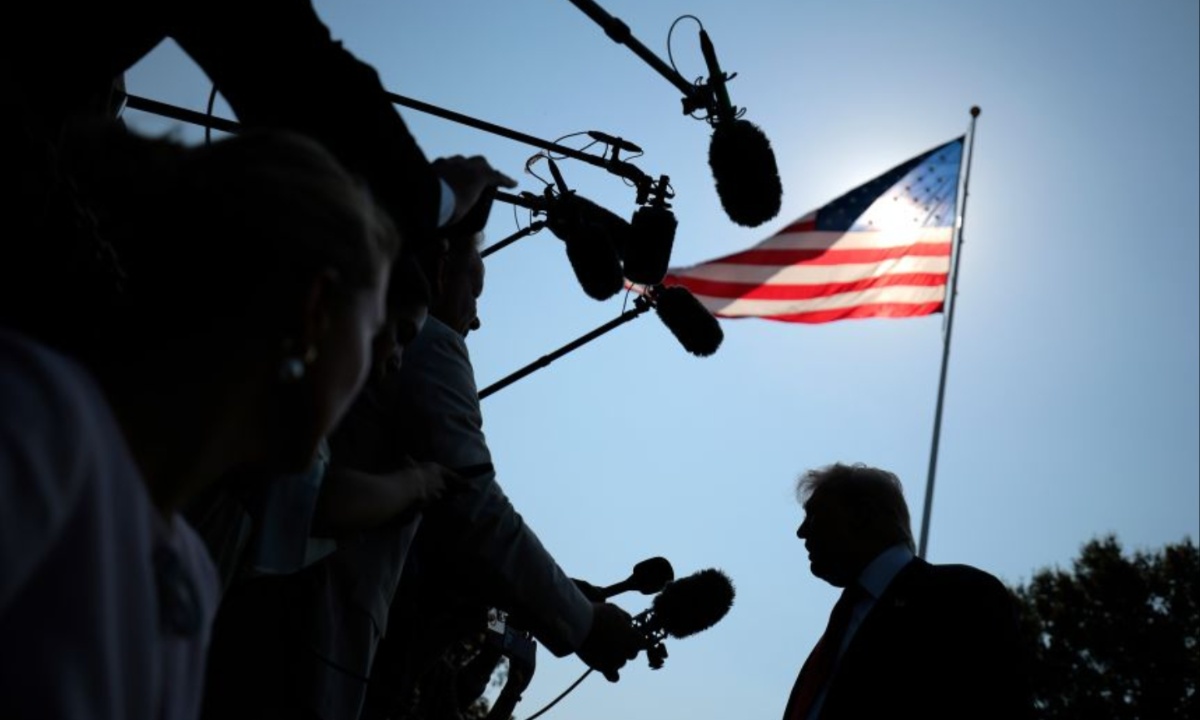
The U.S. pullback startled negotiators in Doha, where the talks were being hosted. One insider described the move as an “earthquake,” reflecting the surprise and concern it caused. Central issues in the negotiations include the timeline for a permanent end to the conflict, the number of Palestinian prisoners to be released, and Israeli military positioning in Gaza. These unresolved matters continue to impede a breakthrough.
Mounting Global Pressure and Escalating Gaza Crisis Underscore Urgency for Peaceful Resolution
Amid political posturing, the humanitarian catastrophe in Gaza worsens. Trump blamed Hamas for blocking aid and emphasized U.S. contributions, noting $60 million in humanitarian assistance. However, global frustration is rising. Tunisia’s president presented Trump’s team with photos of starving children, calling the crisis a crime against humanity. Despite U.S. claims of support, the situation on the ground grows more dire by the day.
U.S. allies are increasingly critical of Israel’s conduct. British Prime Minister Keir Starmer called Israel’s military actions “indefensible,” while French President Emmanuel Macron announced plans to recognize a Palestinian state at the UN in September. This angered Israel and some U.S. officials, though Trump downplayed the statement, calling it symbolic and lacking substance.
Despite public pessimism, Trump’s team remains cautiously hopeful. State Department spokeswoman Tammy Bruce highlighted the experience and strategic flexibility of both Trump and Witkoff, suggesting negotiations may still yield results. However, no clear timeline was given. With rising civilian casualties and international pressure, the urgency for a resolution intensifies but a path to peace remains elusive.

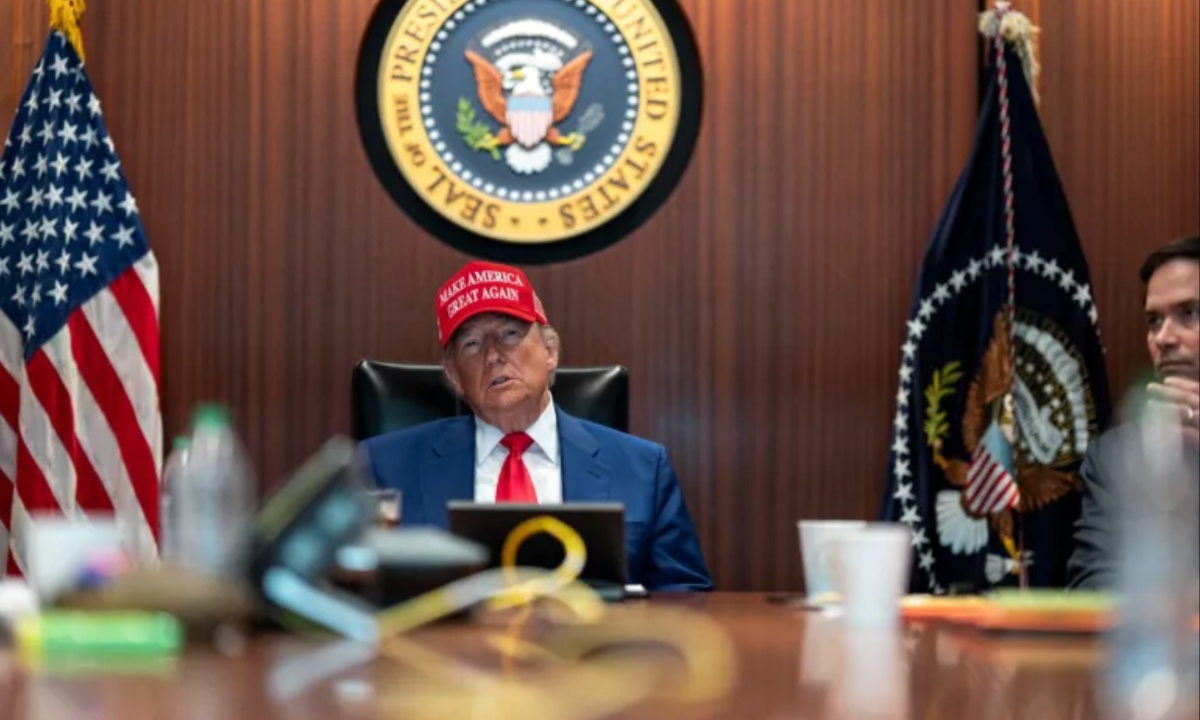





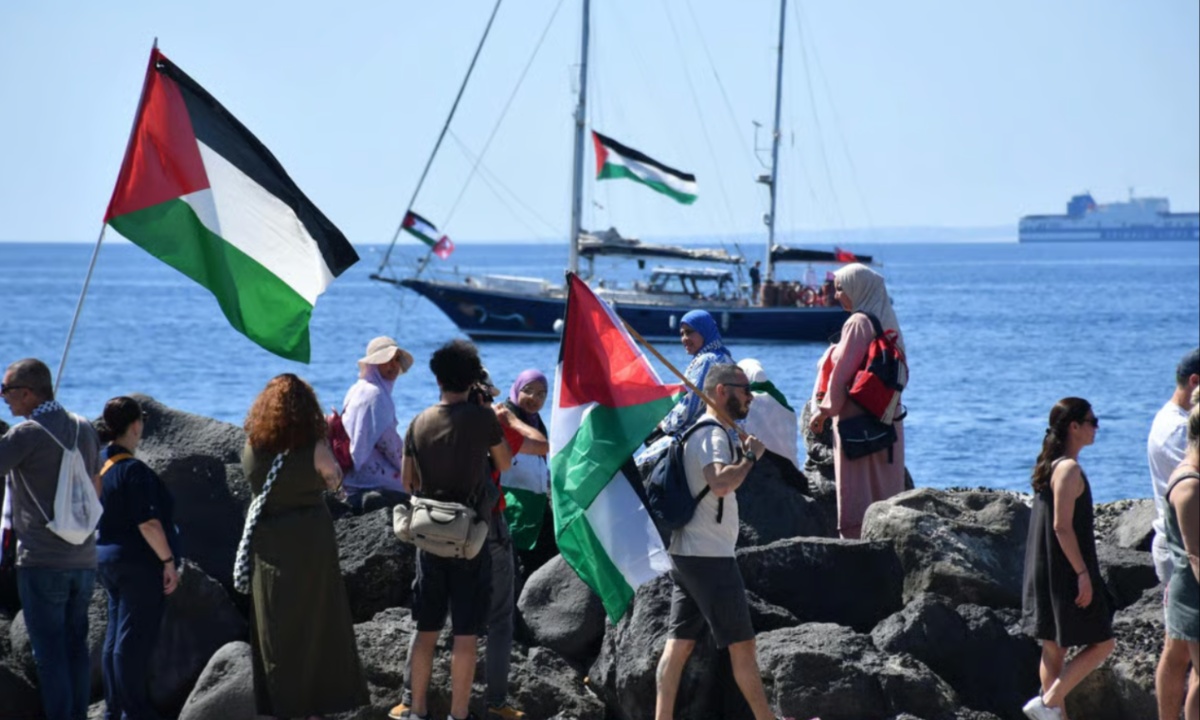

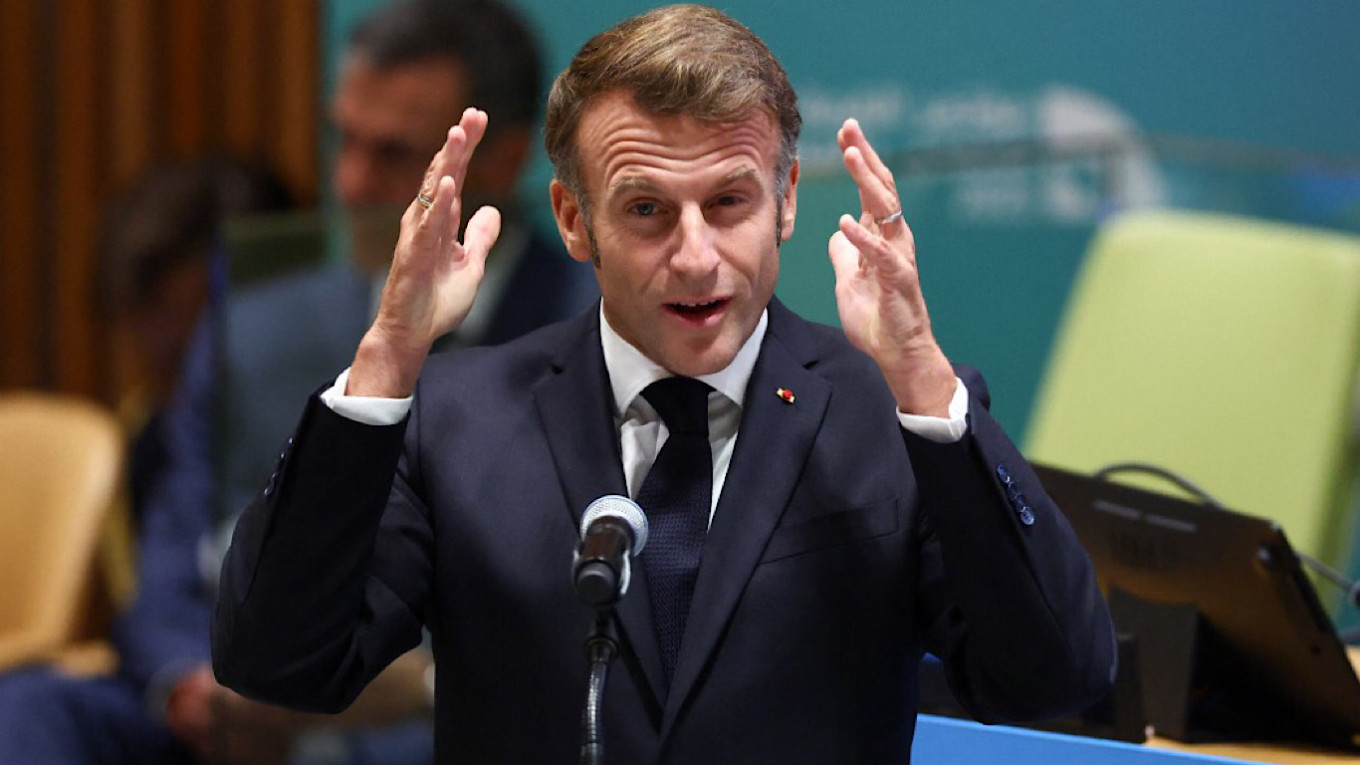
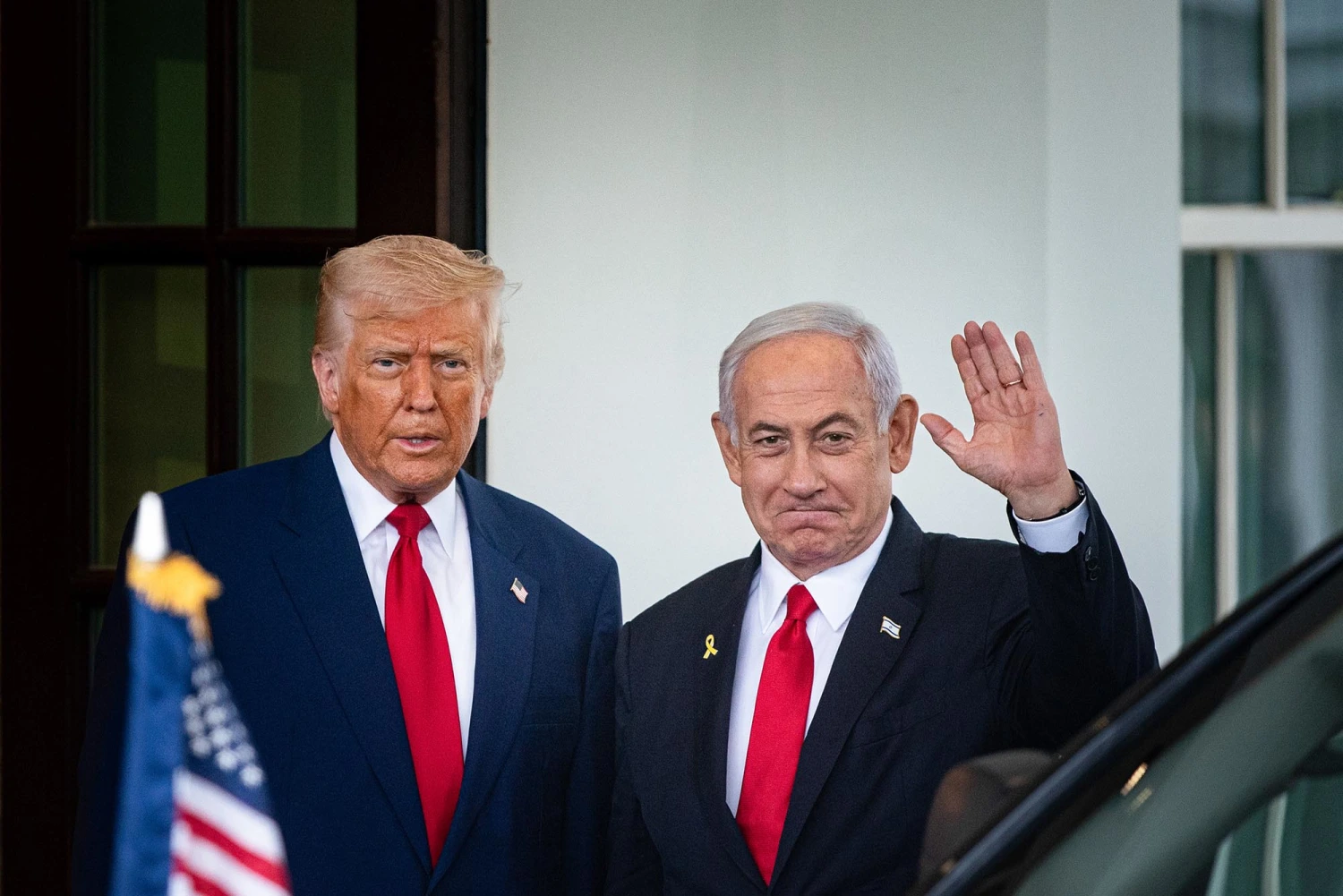
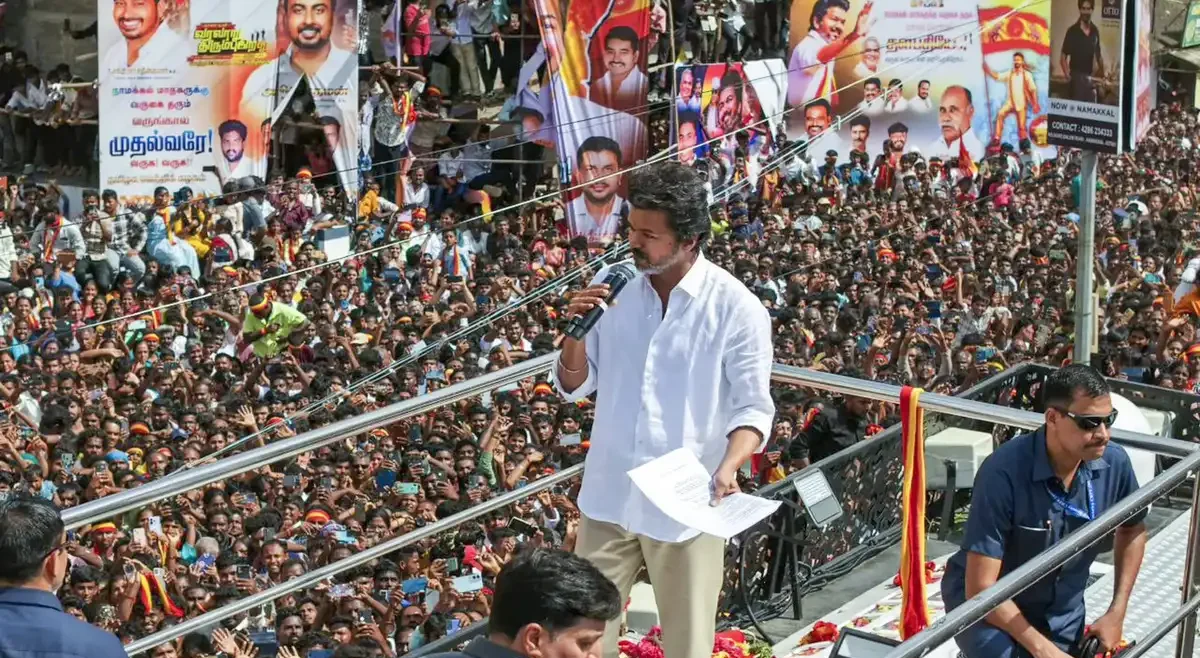
Leave a Reply